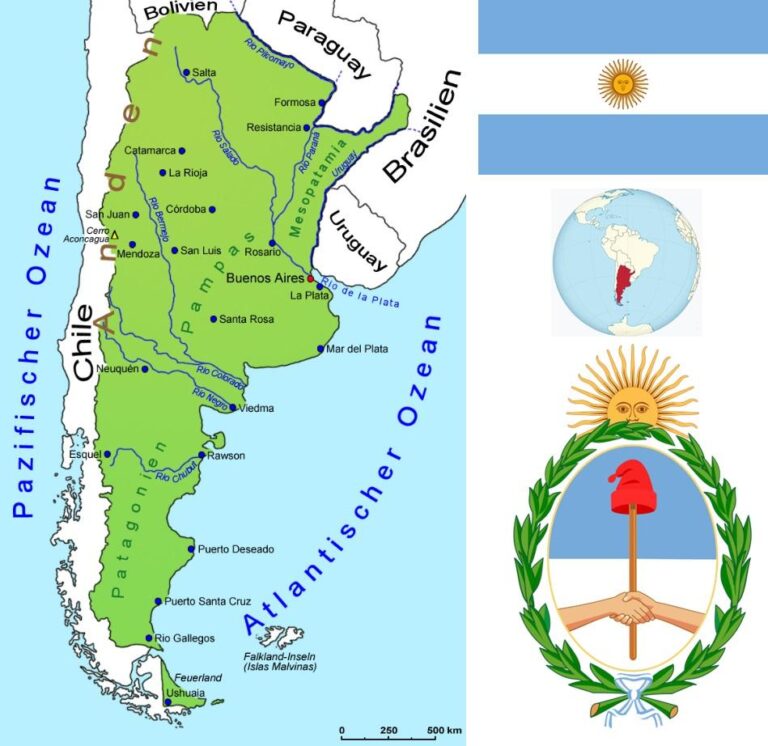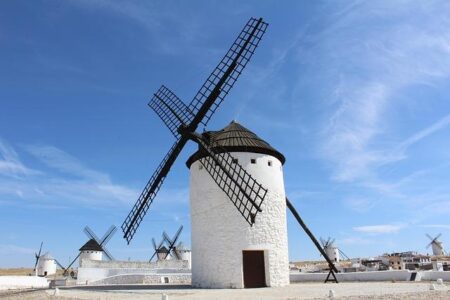Buenos Aires – In a significant move aimed at rebalancing executive power, Argentina’s lower house of Congress has approved a bill that seeks to limit the president’s ability to issue decrees without legislative oversight. The legislation, passed on Tuesday, comes amid ongoing debates over the scope of presidential authority and represents a potential shift in the country’s political dynamics. Reuters reports that the bill will now head to the Senate for consideration, marking a critical step in Argentina’s efforts to strengthen democratic checks and balances.
Argentina Lower House Passes Legislation to Limit Presidential Decree Powers
In a decisive move aimed at enhancing checks and balances, Argentina’s lower house has approved a bill that significantly restricts the scope of presidential decree powers. The legislation mandates greater congressional oversight, requiring the executive branch to submit decrees for parliamentary review within a defined timeframe. This initiative reflects growing concerns among lawmakers about the unchecked use of executive orders, which critics argue has undermined democratic processes and concentrated power within the presidency.
Key provisions of the bill include:
- Mandatory congressional approval for decrees with economic or social impact.
- Time limits for presidential decrees to remain in effect without legislative endorsement.
- Enhanced transparency requirements, including public disclosure of decrees.
| Aspect | Before | After Bill Passage |
|---|---|---|
| Decree Validity | Indefinite unless revoked | Expires within 60 days without approval |
| Congressional Oversight | Advisory, non-binding | Mandatory review and consent |
| Scope of Use | Broad and unrestricted | Limited to urgent, exceptional cases |
Implications for Executive Authority and Legislative Oversight in Argentina
The recent legislative move marks a significant recalibration of the balance of power between Argentina’s executive and legislative branches. By restricting the president’s ability to issue decrees with the force of law without prior congressional approval, lawmakers are asserting greater control over the rulemaking process. This shift aims to enhance democratic accountability and ensure that critical policy decisions undergo rigorous parliamentary scrutiny. It signals a pushback against what many legislators and civil society groups have criticized as executive overreach in recent administrations.
Key changes introduced by the bill include:
- Mandatory congressional validation for decrees exceeding emergency measures
- Increased oversight through the establishment of a specialized parliamentary committee
- Clearer definitions limiting the scope and duration of presidential emergency powers
| Aspect | Before Bill | After Bill |
|---|---|---|
| Executive Decree Authority | Broad, with limited oversight | Restricted and conditional |
| Congressional Role | Primarily reactive | Proactive with mandatory review |
| Oversight Mechanism | General parliamentary debates | Dedicated oversight committee |
This legislative refinement reinforces the principle of separation of powers, encouraging collaborative governance while discouraging unilateral decision-making by the executive. It reflects evolving concerns within Argentina’s political landscape about the concentration of power and sets a precedent for future administrations striving for transparency and legitimacy in policymaking.
Experts Recommend Enhanced Checks and Balanced Governance Frameworks
Specialists in constitutional law emphasize the necessity of instituting robust safeguards to ensure that executive authority is exercised within clearly defined limits. By reinforcing legislative oversight, these provisions seek to uphold democratic principles and prevent unilateral decision-making that may bypass parliamentary scrutiny. Experts stress that such checks are vital for maintaining transparency, accountability, and preventing potential abuses of power.
Key recommendations from governance analysts include:
- Establishing mandatory parliamentary reviews of presidential decrees within strict timeframes.
- Implementing multi-institutional committees to evaluate the legal and social impacts of executive measures.
- Balancing powers by fostering collaboration between the executive and legislative branches to protect institutional integrity.
| Governance Principle | Recommended Mechanism | Expected Outcome |
|---|---|---|
| Accountability | Parliamentary decree vetting | Transparent decision-making |
| Checks and Balances | Inter-branch cooperation | Reduced executive overreach |
| Rule of Law | Legal impact assessments | Consistent policy enforcement |
Future Outlook
The approval of the bill in Argentina’s lower house marks a significant shift in the balance of power between the executive and legislative branches. By imposing stricter limits on the president’s ability to issue decrees, lawmakers aim to enhance transparency and ensure greater oversight of government actions. As the bill advances to the Senate, its final passage will be closely watched by political analysts and stakeholders, given its potential impact on the country’s governance and democratic processes.




